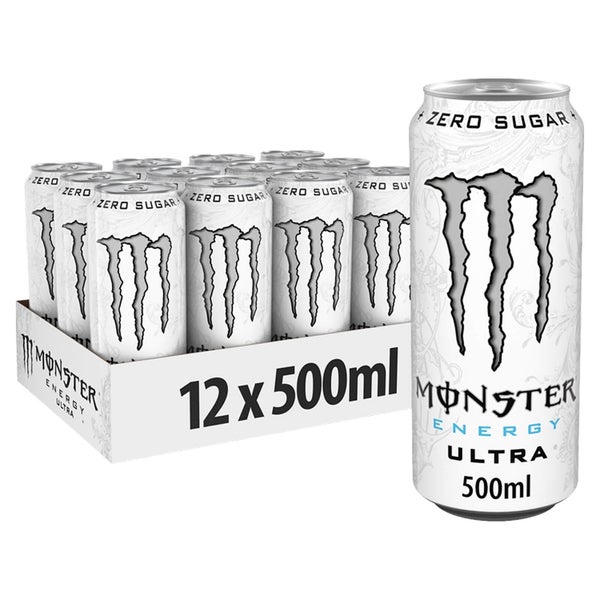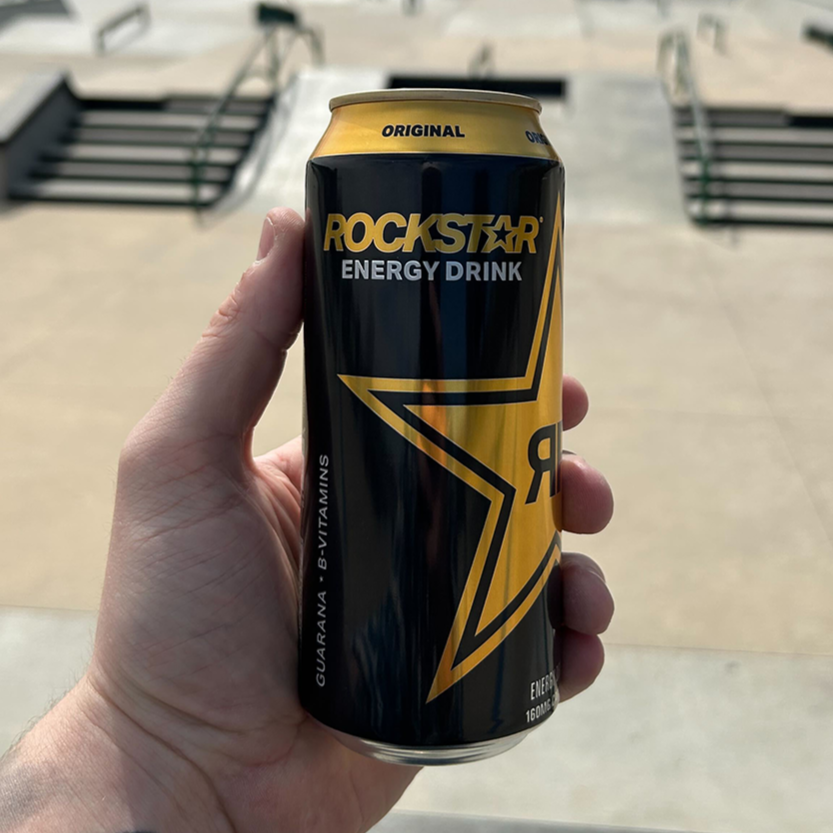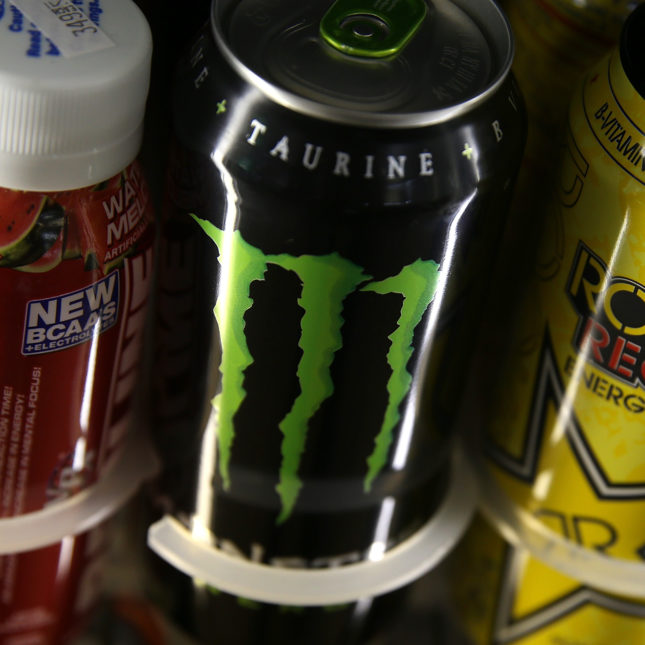The Fundamentals of Energy Drink Ingredients
How long do energy drinks stay in your system? Energy drinks have a mix of ingredients. These ingredients aim to boost your energy fast.

Caffeine Content in Popular Energy Drinks
Most energy drinks pack a lot of caffeine. Energy drinks like Red Bull and Monster have about 80 to 160 mg of caffeine. Some drinks have more than 300 mg.
Sugar Levels and Their Impact on Energy
Energy drinks are often high in sugar. A can of Red Bull has nearly 27.5 g of sugar. This sugar can give a quick energy spike.
Common Vitamins and Amino Acids in Energy Drinks
Vitamins such as B2, B3, B6, and B12 are common in energy drinks. Amino acids like taurine are also present. These can help your metabolism and brain.
Initial Impact: Understanding the Immediate Effects of Energy Drinks
Energy drinks are known for their rapid effects on the body.
Known Physiological Changes Post-Consumption
After drinking an energy drink, your body responds quickly. Caffeine enters your bloodstream within 10 minutes. Your heart rate and blood pressure could go up. You may start to feel more awake and focused.
The Role of Sugar and Caffeine in Quick Energy Boosts
Caffeine and sugar work together to boost energy fast. Caffeine peaks in your blood in 15 to 45 minutes. This makes you alert and sharpens your focus. Sugar gives a quick energy spike, but it can lead to a crash later.
Peak Performance: When Do Energy Drinks Hit Hardest?
Energy drinks can quickly ramp up your energy levels.
Timing the Effects: The Peak of Energy Boost
Typically, caffeine peaks in your blood 15 to 45 minutes after drinking. This is when you’ll feel most alert and focused. The rise in energy may make you feel like you’re ready to tackle any challenge.

Factors Influencing the Intensity and Duration of Energy Drinks
First, one’s sensitivity to caffeine plays a significant role. Each person processes caffeine differently, which directly affects how long they feel energized after consumption. For instance, some individuals may experience a prolonged energy boost, while others may find the effects dissipate quickly.
Additionally, the quality of sleep a person gets before consuming caffeine can greatly influence their reaction. A good night’s rest enhances the body’s ability to utilize caffeine effectively, leading to a more sustained feeling of alertness. Conversely, those who are sleep-deprived may find that caffeine does little to enhance their energy levels.
Moreover, physical activity also impacts how quickly the body metabolizes caffeine. Engaging in exercise can accelerate the metabolism, helping to break down caffeine more quickly, which may shorten the duration of its energizing effects. However, for some, a moderate amount of physical activity may actually enhance the positive effects of caffeine, leading to improved endurance and focus.
Overall health is another crucial factor. Individuals with different health conditions or those who maintain a healthy lifestyle may experience varying levels of effectiveness from caffeine. A well-balanced diet and regular check-ups can promote a healthy response to caffeine, allowing one to enjoy its benefits for a longer period.
Lastly, the frequency of caffeine consumption cannot be overlooked. Those who consume caffeine regularly might develop a tolerance, resulting in shorter energizing effects over time. On the other hand, individuals who occasionally indulge in caffeine can enjoy more pronounced effects due to the novelty of the stimulant.
In conclusion, each of these factors, including caffeine sensitivity, sleep quality, physical activity, overall health, and consumption frequency, influences how long one feels energized after consuming caffeine. Therefore, it is vital for each individual to understand their body’s unique reactions to caffeine and find the right balance that works for them.
Navigating the decline phase is key after the energy spike.
Understanding the Half-Life of Caffeine
The half-life of caffeine is crucial. It tells us how long caffeine effects last in the body. Caffeine’s is about five hours on average, but it differs per person. You might feel caffeine for up to twelve hours. Factors like pills and liver health can change this.
Recognizing the Signs of a Sugar Crash
A sugar crash often follows the energy high you experience after consuming sugary foods. This crash occurs when your blood sugar levels drop rapidly, leading to a range of uncomfortable sensations. Common signs include feelings of tiredness, irritability, and even shakiness.
To maintain a steady level of energy and avoid these unpleasant symptoms, it’s crucial to balance your sugar intake. One effective way to do this is by choosing foods that provide a more gradual release of energy, such as whole grains, fruits, and vegetables. Additionally, staying hydrated plays an essential role. Drinking plenty of water throughout the day helps support your body’s metabolic processes and can improve your overall sense of well-being.
Ultimately, by being mindful of your sugar consumption and prioritizing hydration, you can enjoy sustained energy levels without the rollercoaster effects of sugar crashes. Making these adjustments in your diet will not only enhance your mood but also contribute to your long-term health.
Health Implications: The Side Effects of Energy Drinks
Short-Term and Long-Term Health Considerations
While energy drinks can boost alertness, they may have negatives too. Short-term effects include increased heart rate and blood pressure. You might feel jittery or experience trouble sleeping. Over time, these drinks can cause more serious issues. Long-term effects could involve heart problems and increased anxiety. High sugar content may also lead to weight gain and diabetes.
Associating Consumption Pattern with Health Risks
How often and how much you drink energy drinks can raise certain health risks. Regular, heavy use can lead to dependence on caffeine. This might make you prone to headaches and fatigue without your usual dose. It may even alter your heart’s function. Studies suggest that young people who often drink energy drinks risk behavior changes. They might also face higher stress levels.

Consumption and Lifestyle: Balancing Energy Drinks with Daily Activities
Incorporating energy drinks into daily life calls for smart habits. Start with moderation. Choose days when you truly need a boost. Pair energy drinks with water to stay hydrated. Schedule them earlier in the day to avoid sleep disruptions. Keep track of how you feel and adjust as needed.
Best Practices for Energy Drink Intake
To use energy drinks wisely, consider these tips:
- Limit yourself to one energy drink per day.
- Drink it earlier, not close to bedtime.
- Stay hydrated with water alongside.
- Eat a healthy meal to stabilize blood sugar.
- Know your body’s signals to prevent overconsumption.
These practices help manage energy levels and minimize side effects.
Alternatives to Energy Drinks for Sustained Energy Levels
For longer-lasting energy, look beyond energy drinks. Try these options:
- Natural fruit juices provide vitamins without excessive caffeine.
- Herbal teas offer a gentle boost with less sugar.
- Snack on nuts or seeds for energy from healthy fats and protein.
- Engage in regular exercise to naturally increase energy over time.
- Ensure you get enough sleep to reduce the need for energy drinks.
These behaviors support sustained energy, promote better health, and reduce reliance on energy drinks.
Regulatory Advice and Safe Limits for Consumption
Navigating the world of energy drinks requires knowing safe consumption limits.
Recommended Daily Limits of Caffeine and Sugar
Health experts have set guidelines for caffeine and sugar intake. Adults should not exceed 400 mg of caffeine per day. For sugar, the limit is around 50 grams. Staying within these boundaries can help avoid negative side effects.
Understanding Your Personal Caffeine Threshold
Some people are more sensitive to caffeine than others. Pay attention to your body’s reactions after consuming energy drinks. You may need to adjust your intake based on your personal tolerance. This helps maintain energy levels without adverse effects.
